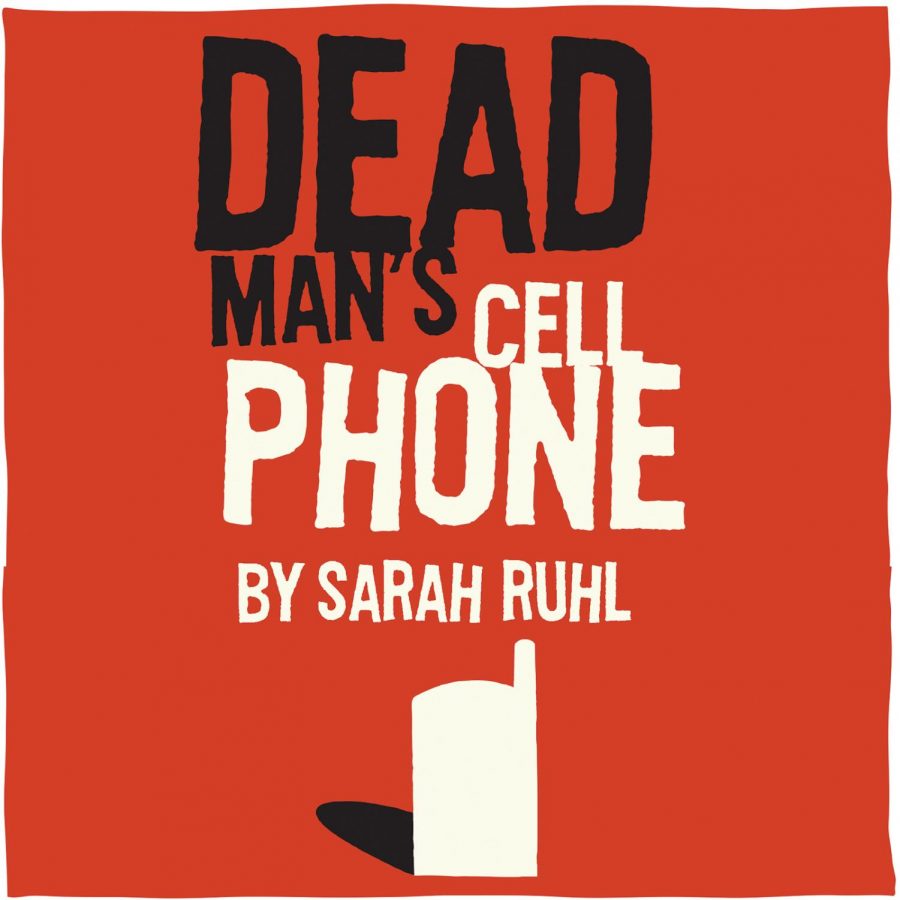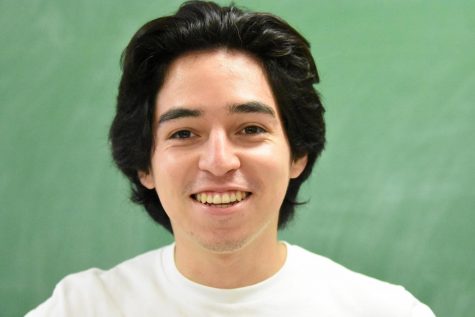Technology intertwines love, death in performance
Feb 27, 2019
Society has no doubt changed since the introduction of the cell phone. Our interactions logged, recorded through a screen rather than face-to-face.
The Contra Costa College drama department is putting on a show that explores the intricacies of love and death in a world surrounded by technology. The play, written by Pulitzer Prize finalist
Sarah Ruhl, “Dead Man’s Cell Phone” is a story of a woman becoming enthralled in the family life of a recently deceased man.
The next production set to hit the stage this semester is a “textbook example of magical realism” according to director Ryan Weible. Weible is an adjunct faculty member of both Diablo Valley and
Contra Costa colleges. The production is sure to thrill audiences on a joyride of tumultuous emotion.
“I expect audiences to feel like they just went on a crazy adventure with a bunch of real people negotiating some pretty fantastical situations,” Weible said. “This play was written right around the time of the first iPhone release and explores the notion of human connection in the world of the smartphone.”
The show is about how virtual connection has replaced our interactions and our longing as a species to return to something real, he said.
The show follows Jean, a woman who picks up the phone of the deceased Gordon and finds herself entangled in a family’s dynamic. The show explores themes of love, death and technology through the lens of comedic satire.
“A positive aspect of this rehearsal process is how organically we, as actors, were able to find the movement of the story,” Miranda Lenore said.
Lenore plays the character of Jean in the show. The cast has been able to build its vision with an easy flow and plenty of support around them.
“Our director has allowed us to find ourselves in these characters and incorporate those physical movements into the story, which has been a lot of fun,” Lenore said.
The stage can be a stressful endeavor but this cast is pushing towards greatness.
“For me, a difficult part was trusting those impulses. I haven’t been on stage in almost three years,” Lenore said. Learning to trust her instincts mixed with a short rehearsal process took a toll on the process.
“Any play has a message to share, but in this one our reality feels a little too close to home. I think there are a few hidden messages in this show that are really important, but for me the most important one is that technology should be taken with caution,” Lenore said.
And what exactly has technology changed about modern society?
“It changes the way people connect, and how many people are connected,” Lenore said. “It’s more pertinent than ever to recognize how meaningful each of our connections are.”
Lenore finds Jean to be an interesting character to portray. “The closest similarity between us is how I will start myself down a path and think to myself, ‘Well, I wonder where this is going to take me?’” Lenore said. This trait is how she credits choosing history and theater as her majors.
She hopes that her performance will inspire audiences.
“I really hope that people take from this performance how much one decision can change you and how technology can influence the decisions you make,” Lenore said.
Students are excited to watch the production. “ I don’t watch plays often but it sounds interesting I would watch if it seems good,” said Psychology major Tony Suarez.



